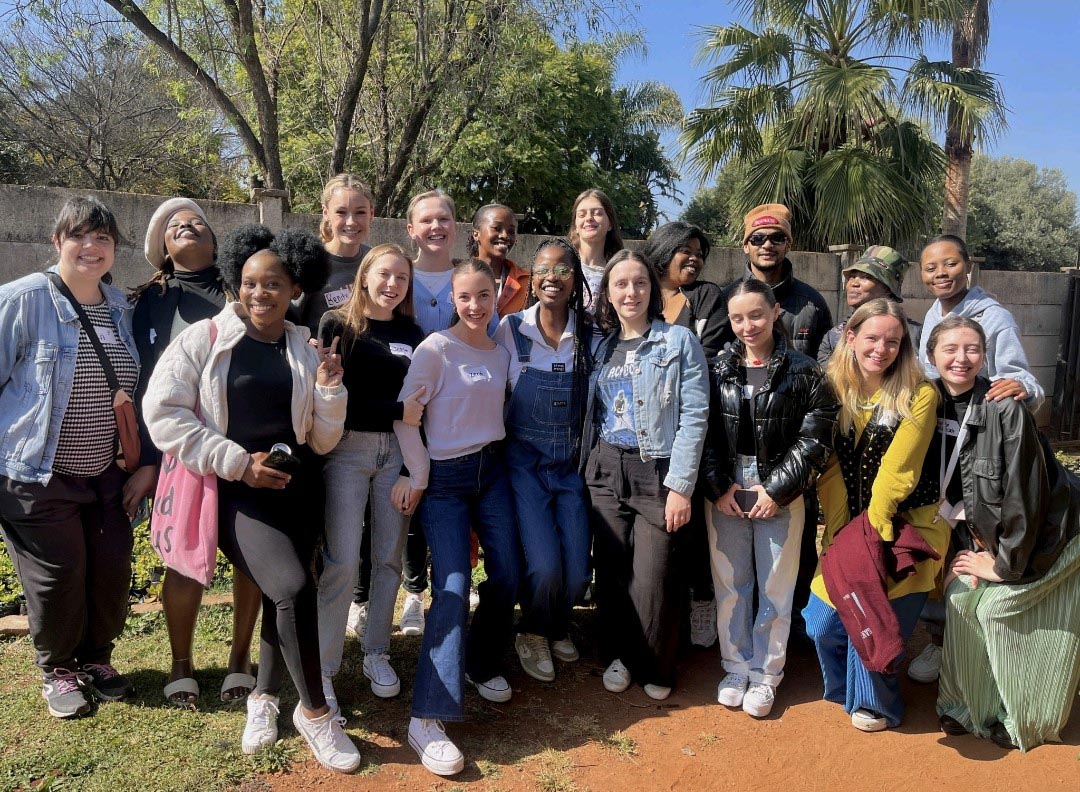Authors: Jenna Segal, Merie Sutherland and Dominique Marais (STADIO School of Fashion)
When asked the question “why did you choose to study fashion?” STADIO’s fashion students’ answers are diverse – but we observe a golden thread that sews all their answers together; it is their passion for the industry and a love for creative expression, beauty and originality. Thus, as graduates, they enter the world of work with an unbounded enthusiasm to make their mark on the industry.
This energy is needed when considering the reality that fashion graduates are facing when entering an industry that is in flux. From fluctuations in the current retail economy to the countless competitors and trends to keep up with, fashion organisations must sell their goods to consumers who can publicly voice their likes and dislikes at a touch of a button. Additionally, as de Aguiar Hugo, de Nadae and da Silva Lima (2021) state, the pressure that the fashion industry faces to shift towards sustainable practices is continuous, and mounting. Therefore, adding to the complexity that graduates are experiencing today, they must also deal with the ever-present challenge of balancing profits and sustainability. And remember that sustainability does not only mean environmental sustainability, it also encompasses cultural sustainability, business sustainability, and societal sustainability, amongst others.
Additionally, it is clear that the fashion industry’s sustainable future requires multi-pronged initiatives that involve several stakeholders. In the higher education context, STADIO School of Fashion actively partners with industry and social enterprises to create, and execute, educational projects. In 2025, STADIO School of Fashion is piloting an educational project in partnership with Fashion Revolution South Africa, a non-profit company that advocates for a fashion industry that is safe, fair, clean, transparent and accountable. Its members volunteer their time to collaborate with institutions in an effort to educate and engage communities about ethical standards of conduct by those involved in the local fashion industry. They also focus on encouraging a circular fashion economy through thrifting, swap meets and mending workshops, to name a few. Hugo et al. (2021) explain that the circular economy revises the more traditional linear business models with the use of sustainable principles and values, including innovative supply chain models and proactive strategies. Consider another School of Fashion partner - Sealand, for example. This South African brand creates their products from upcycled waste (e.g. from PUMA’s old PVC banners or K-way's deadstock fabric) and responsible materials (e.g. 100% cotton). Sealand also created a Second Wave initiative which includes incentivised takeback, repair and resale, donating 10% of proceeds to WWF-SA. They also donate a minimum of 1% of their revenue to environmental partners. The brand offers transparency in reporting their supply chain activities and their sustainability journey. Sealand’s efforts towards an inclusive economy through innovative collaborations have rewarded the brand with B Corp Certification.
Another indicator of success in any brand’s efforts towards sustainability in measured by the United Nation’s Sustainability Development Goals (SDG). The 17 goals outlined by the UN are a call to action to people, institutions, and countries “to promote posterity while protecting the planet”. As per the UN’s SDG, Goal 12 (Responsible Consumption and Production) relates directly to the world of fashion, focusing on textile and apparel industries, production, and consumption (Muposhi, Mpinganjira & Wait, 2021). Furthermore, the fashion industry is responsible for high levels of water pollution (SDG 14) and carbon emissions (SDG 11), astronomical amount of apparel waste disposed in landfills (SDG15), and the association of poor labour practices (SDG 8) (Muposhi et al., 2021). Higher education institutions have an important role to play in the implementation and nurturing of sustainable thinking in the young minds of future leaders, as well as contributing towards a just transition to a better future. Using tools such as the UN SDGs can effectively guide educational activities. We are doing this in several ways at STADIO.
One of the events that School of Fashion is most excited for in 2025 is our Fashion Sustainability Indaba. It is a student-led initiative where student groups, mentored by Fashion Revolution SA volunteers, arrange various workshops that promote circular fashion behaviour. These student-led activities encourage graduate attributes of communication, collaboration, critical thinking, problem-solving, judgement, creativity and social and cultural awareness. Integral to this event is the aim of educating the community on conscious consumption. The swop meet, for example, will bring the community together through swopping pre-owned items for others, creating a fun atmosphere to share the history of each garment piece illustrating not only the achievement of conscious consumption but also the enjoyment of sharing stories and building relationships within the local community.
In addition, this inter-disciplinary event will inspire a more sustainable fashion future through the upcycling and mending workshops. Our students will educate participants on how to upcycle pre-owned garments or leftover fabric pieces into new, unique accessories and garments. The mending workshop will empower participants with the skills to sew and mend beloved garments. These workshops give new life to fabric pieces ensuring they do not end up as landfill waste. The event will conclude with an engaging panel discussion that will highlight the impact of overconsumption in the current economy. The expert panellists will deliberate the role of trends and consumer attitudes towards this complex industry challenge.
STADIO School of Fashion has also partnered with STADIO School of Admin and Management to host a Support Local Market at the same venue where you can support STADIO alumni and current students’ small businesses. This promises to be an interactive, engaging, and fashion-forward afternoon.
As a community engagement event, we invite all interested parties to attend the Indaba from 12pm to 5pm on Wednesday, 17th September 2025, at the STADIO Centurion Campus. Entry is free, sign up here: Indaba Sign Up.

References:
de Aguiar Hugo, A.; de Nadae, J.; da Silva Lima, R. 2021. Can Fashion Be Circular? A Literature Review on Circular Economy Barriers, Drivers, and Practices in the Fashion Industry’s Productive Chain. Sustainability,13, 12246. doi.org/10.3390/su132112246.
Muposhi A, Mpinganjira M, Wait M. 2021. Factors influencing the use of non-plastic reusable shopping bags: A cognitive-normative-habitual approach. Australian Journal of Environmental Education. 37(3):306-325. doi:10.1017/aee.2021.9

